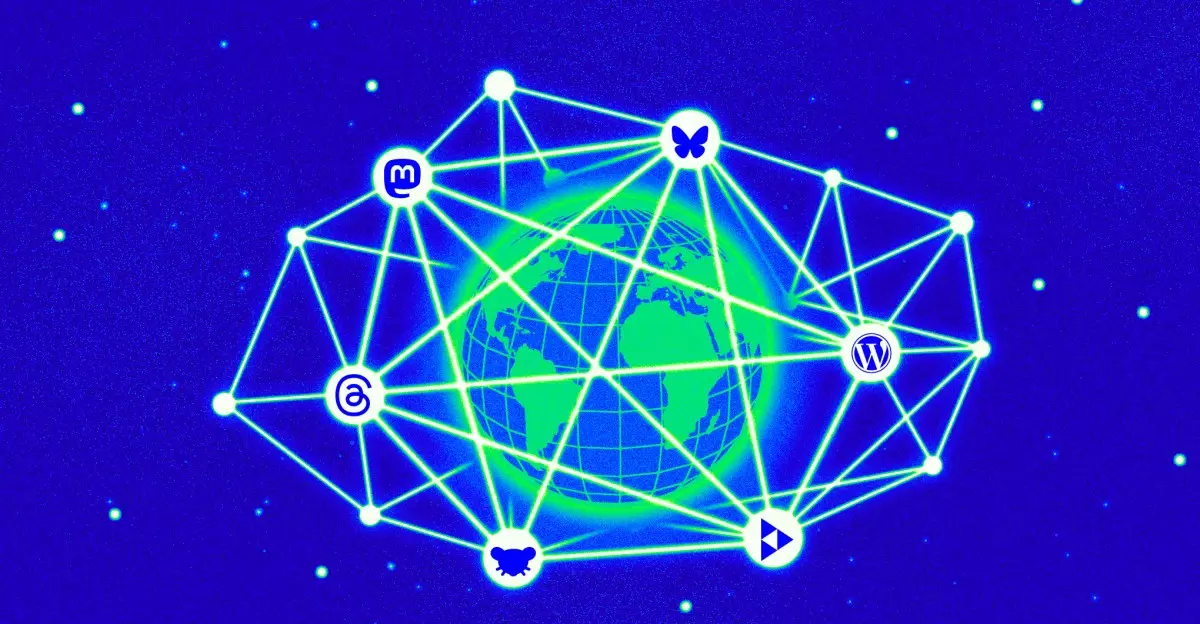In recent years, the concept of a decentralized social web has emerged as a compelling alternative to traditional, centralized platforms. As society grapples with issues of privacy, control, and community governance, initiatives like Bonfire Social, Channel.org, and Bounce exemplify a paradigm shift in how we interact online. These platforms not only enhance user autonomy but also foster unique digital environments tailored to individual and community needs.
Bonfire Social, in particular, stands out as a revolutionary framework designed for creating bespoke digital communities. Unlike conventional platforms where users interact under a singular, uniform governance model, Bonfire Social embraces diversity by allowing each community to establish its own norms and style. The recent launch of Bonfire Social 1.0 promises a rich set of features including customizable feeds and profiles, ensuring that users can cultivate an experience that resonates with their personal preferences and values. Moreover, Bonfire’s extensions enable communities to incorporate threaded discussions, fuelling more meaningful interactions among members.
What’s particularly noteworthy about Bonfire Social is its commitment to federated networking. By collaborating with established platforms like Mastodon, Peertube, and Mobilizon, Bonfire Social not only enhances its utility but also contributes to a broader ecosystem of decentralized networks. This creates an intricate web of interconnectivity, empowering users to traverse multiple platforms without being tethered to the limitations of a single site. Whether it’s a community of hobbyists, learners, or activists, Bonfire Social lays the groundwork for a vibrant digital culture.
Channel.org: Curated Content for the Modern User
The ever-increasing volume of content in our digital lives can often feel overwhelming. Here comes Channel.org, launched at the FediForum conference, tailored to add a layer of organization amidst the chaos. This innovative tool makes it easier for users to curate the content that matters most to them. By allowing individuals to track specific hashtags and users—ranging from Bluesky accounts to RSS feeds—Channel.org facilitates a personalized content journey.
Moreover, its built-in filtering options serve as powerful tools for users wanting to customize their feeds further. The ability to mute irrelevant accounts and block undesirable content is a significant feature, particularly in this age of information overload. This enhanced level of control not only protects users from encountering hate speech and NSFW material but also allows them to engage with a feed that reflects their interests and values. However, it is essential to consider the implications of creating such curated spaces. While they provide personalized experiences, they may also lead to echo chambers where diverse viewpoints are sidelined.
Channel.org’s architecture, built on a customized Mastodon server, showcases the potential of collaborative innovation within the Fediverse. As this platform currently exists in an invite-only beta phase, interest in its rollout speaks volumes about the demand for tailored digital experiences that prioritize user agency.
Bridging Communities with Bounce
As the decentralized social landscape expands, the necessity for tools that facilitate seamless transitions between platforms becomes increasingly important. This is where Bounce enters the equation. By enabling users to transfer their Bluesky accounts to Mastodon without losing followers, Bounce addresses a critical pain point for those contemplating a shift in their social media engagement. The app utilizes the Bridgy Fed tool to connect the two platforms, highlighting a user-friendly approach to migrating social connections.
Bounce’s functionality not only instills confidence in users wary of losing their digital communities but also encourages exploration of the rich features offered by decentralized networks. With the increasing apprehensions surrounding data privacy and content moderation on mainstream platforms, Bounce presents an alternative that promotes fluidity and choice. Such innovations are crucial in a world where digital interactions define our social landscape.
Through the combined efforts of Bonfire Social, Channel.org, and Bounce, users are presented with dynamic avenues to reclaim agency in their online experiences. As we continue to navigate the complexities of digital life, it is evident that decentralized platforms are not just a fleeting trend; they represent a fundamental shift toward empowering individuals within the open web. The future of social interaction appears promising as these tools pave the way for richer, more meaningful connections that echo beyond mere likes and shares.

